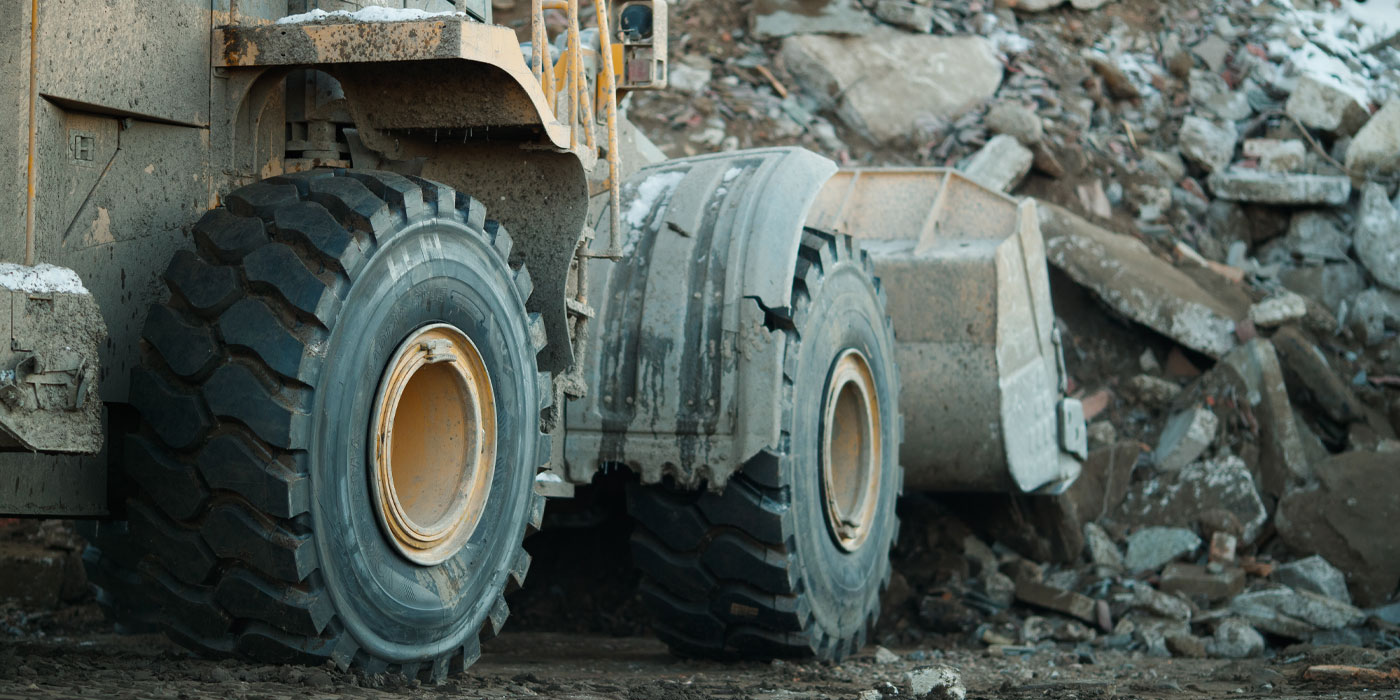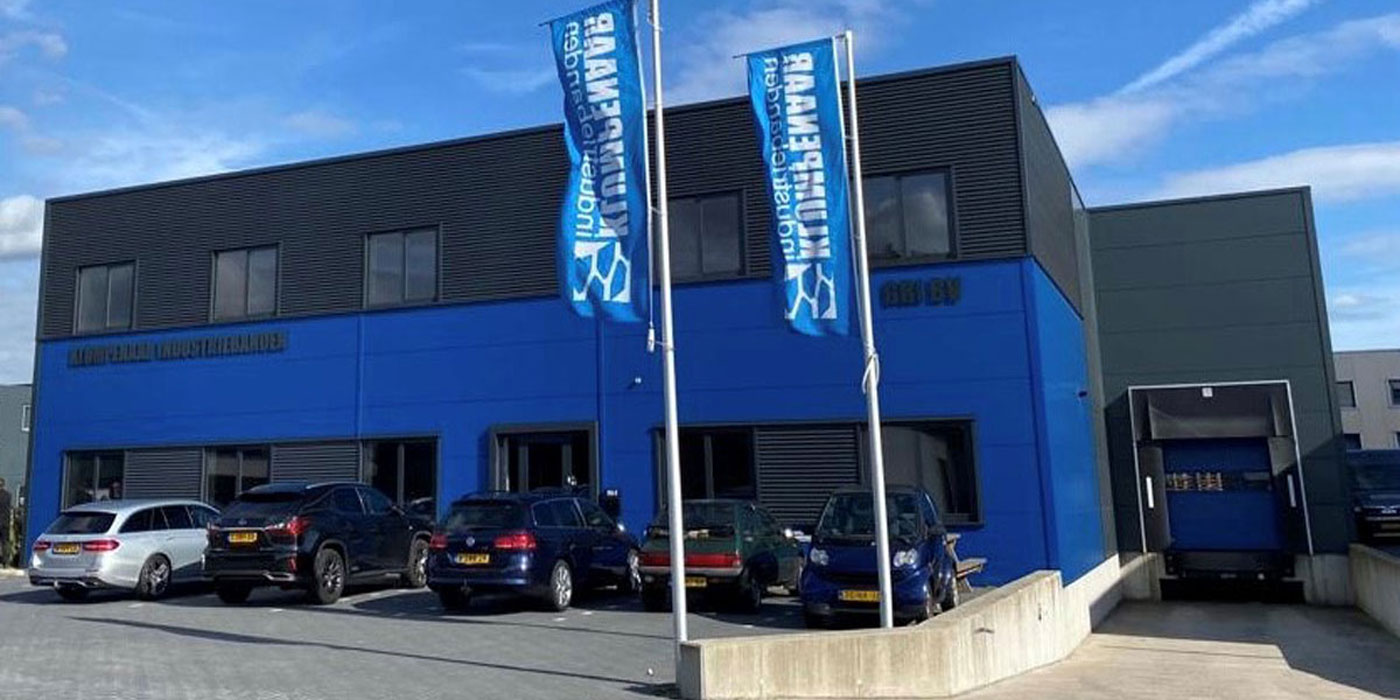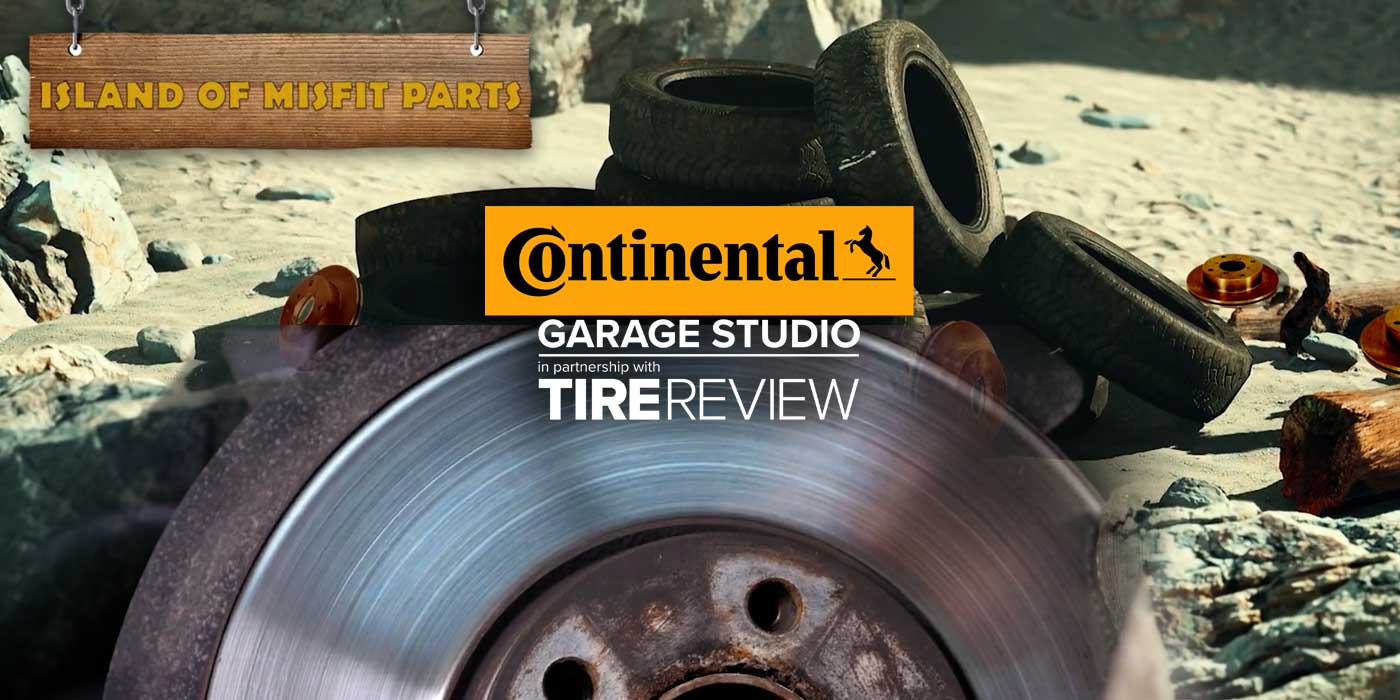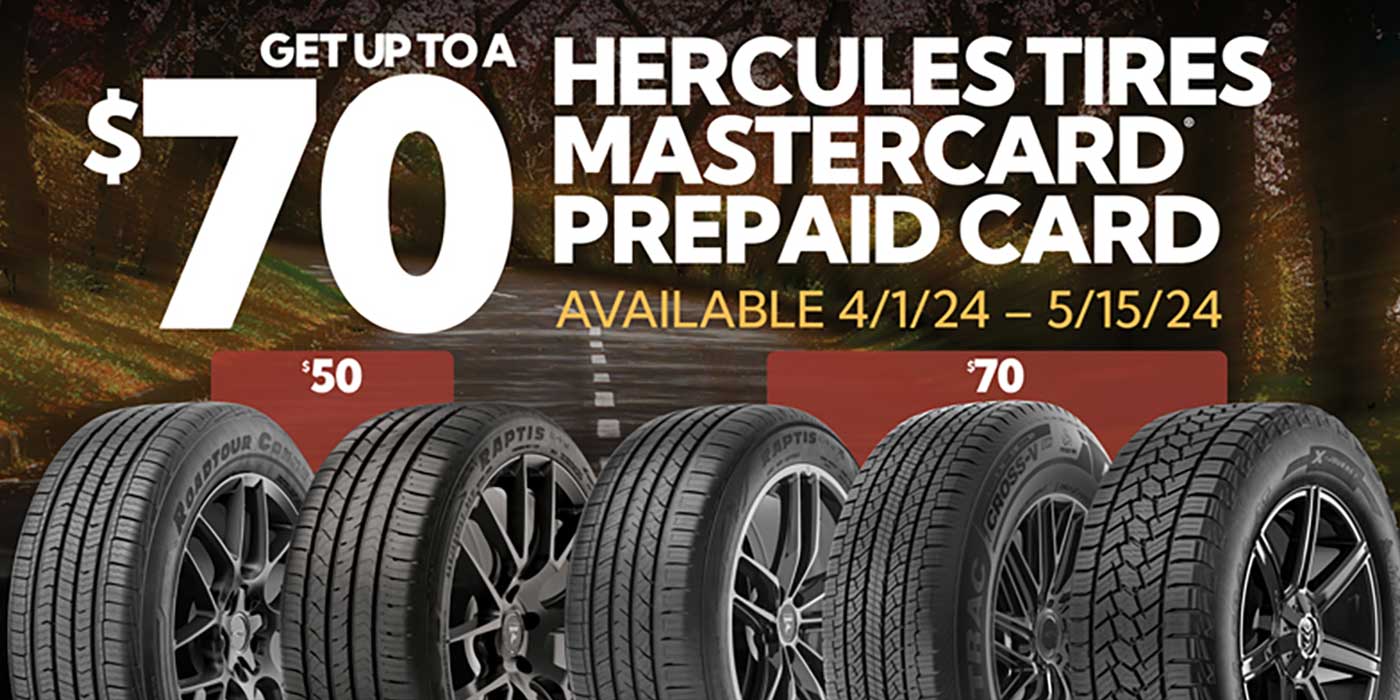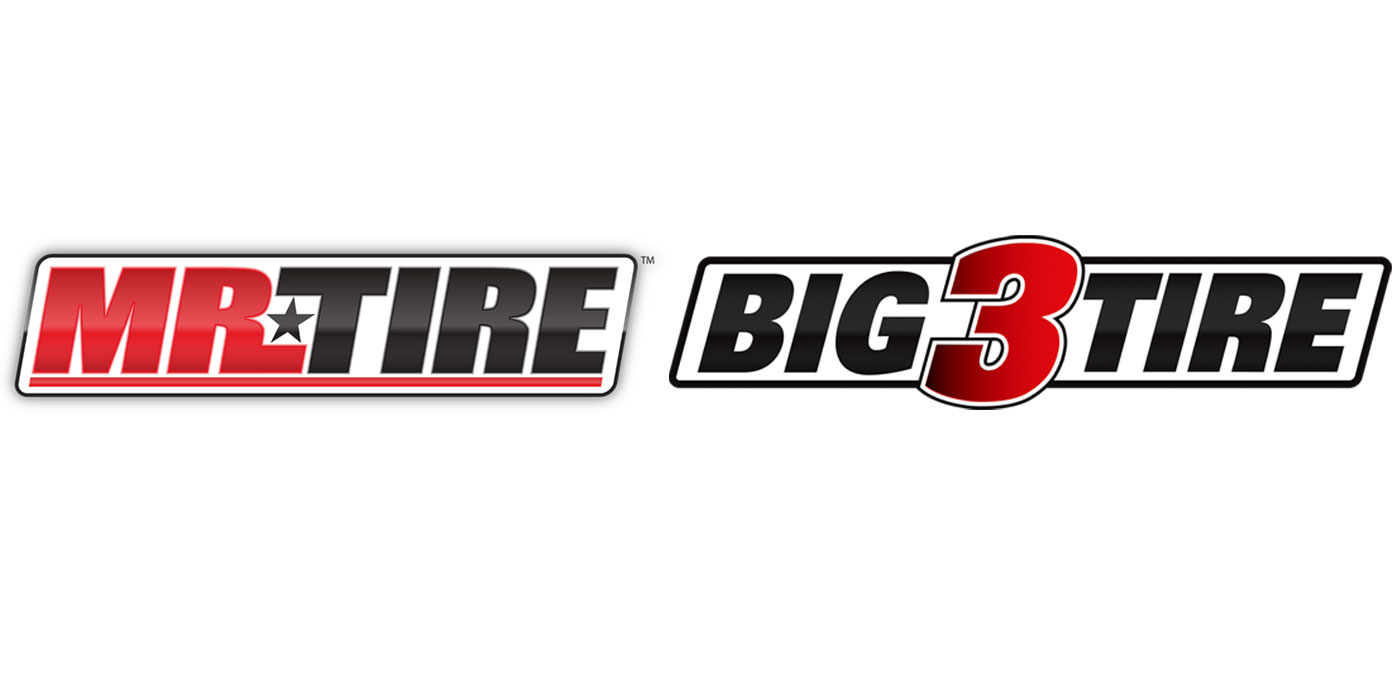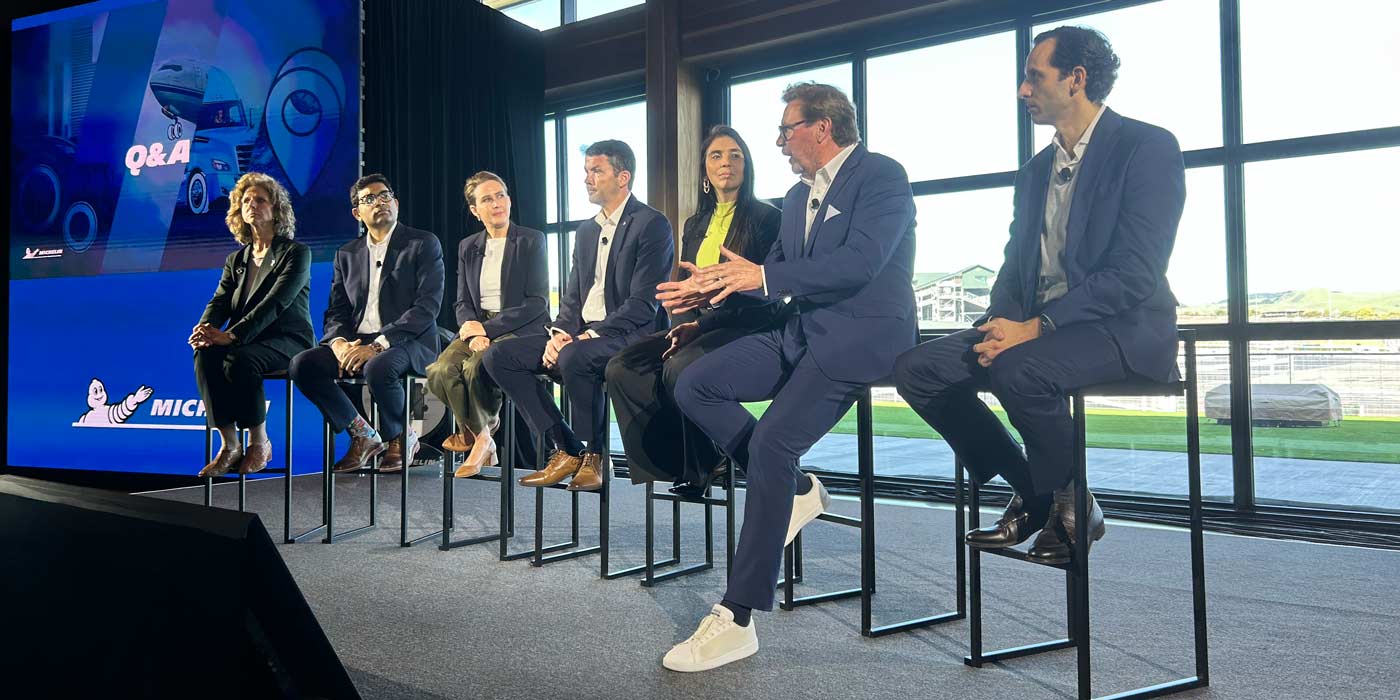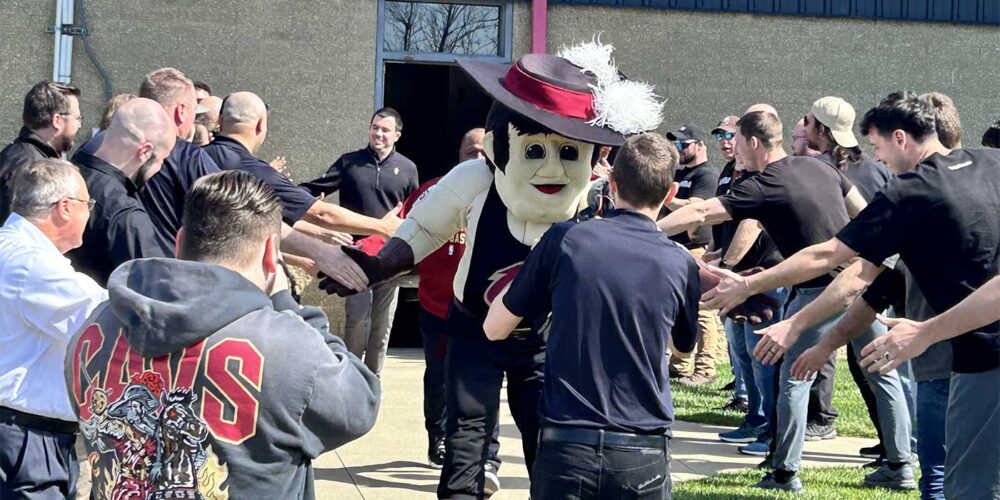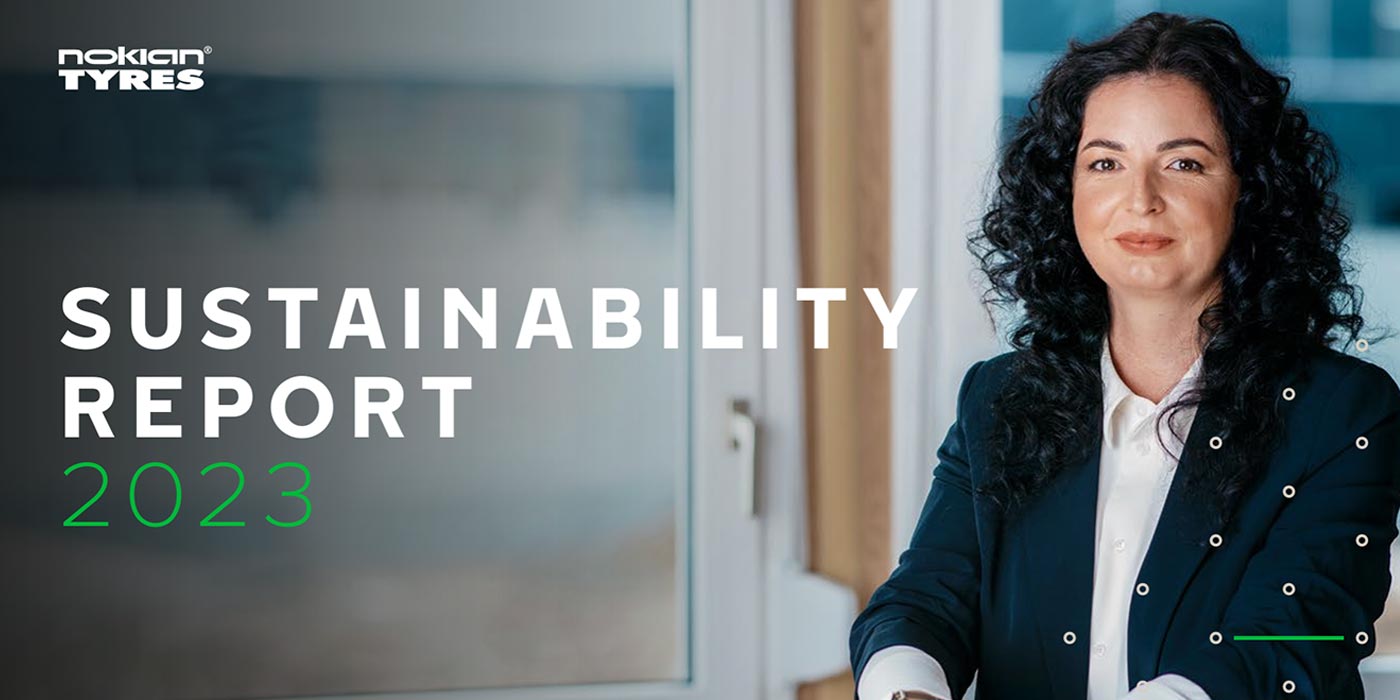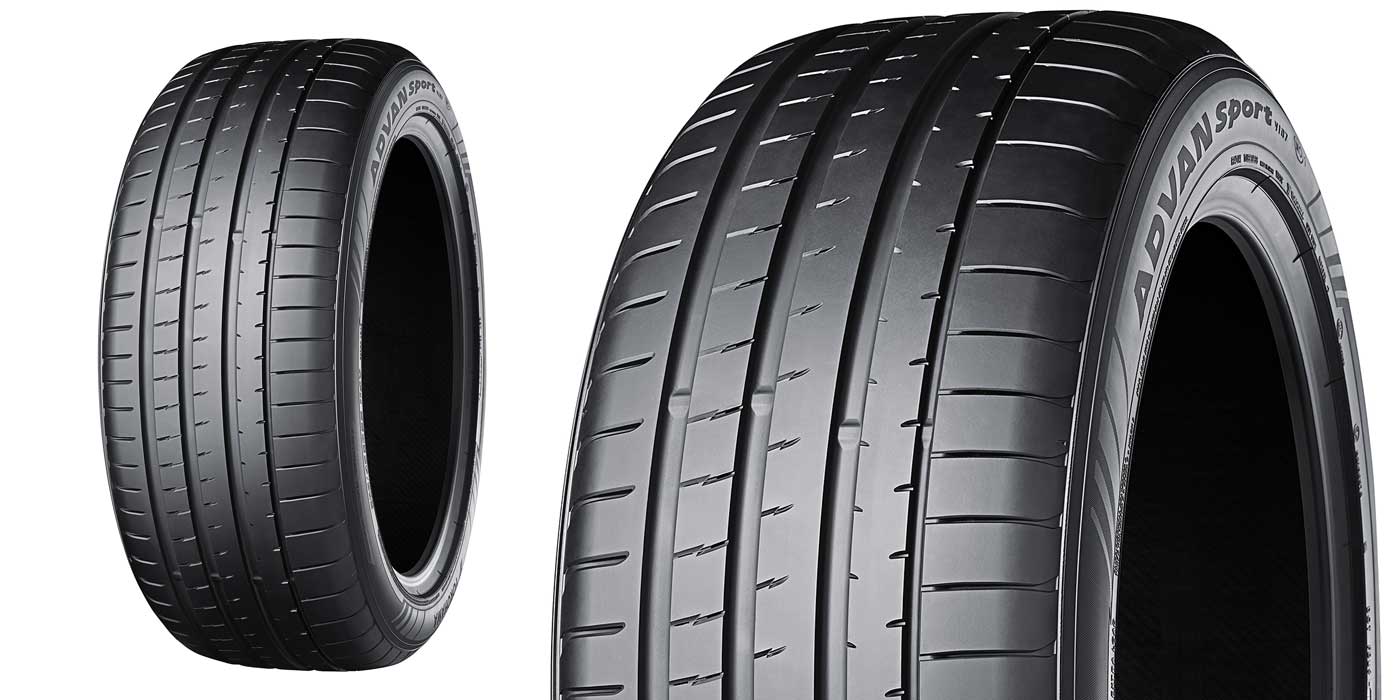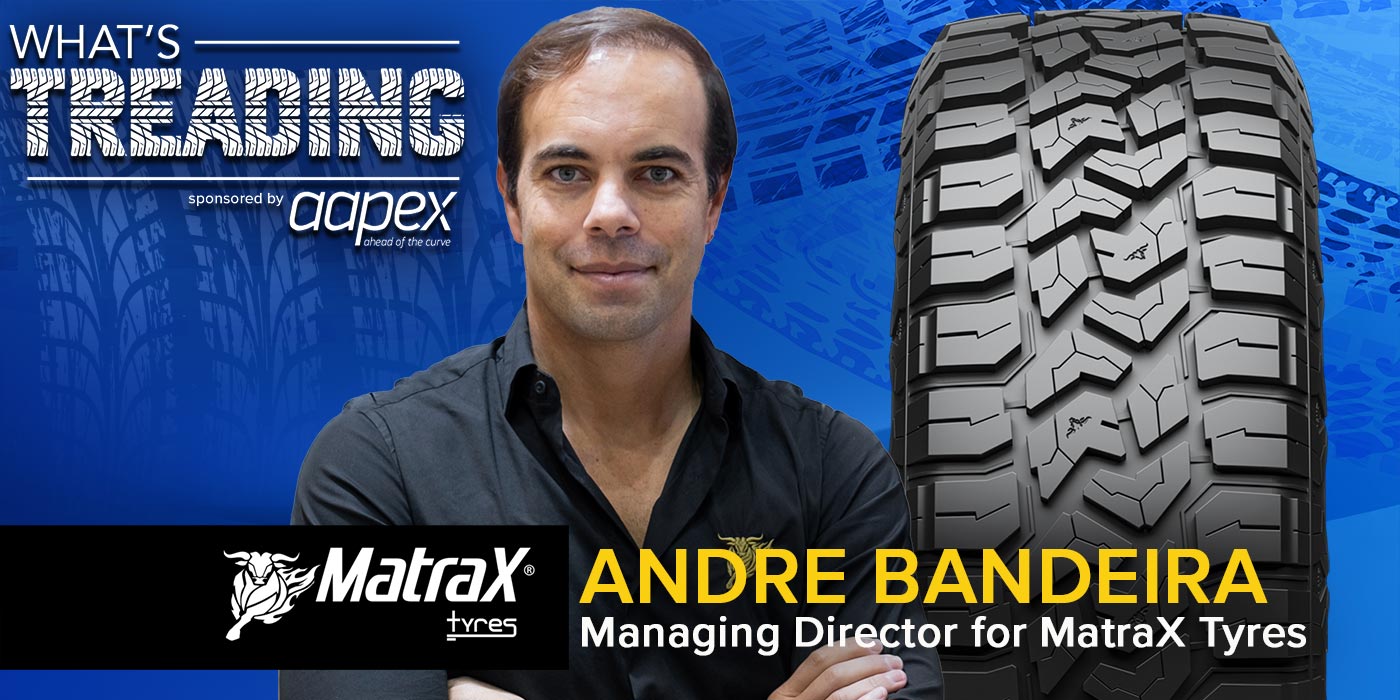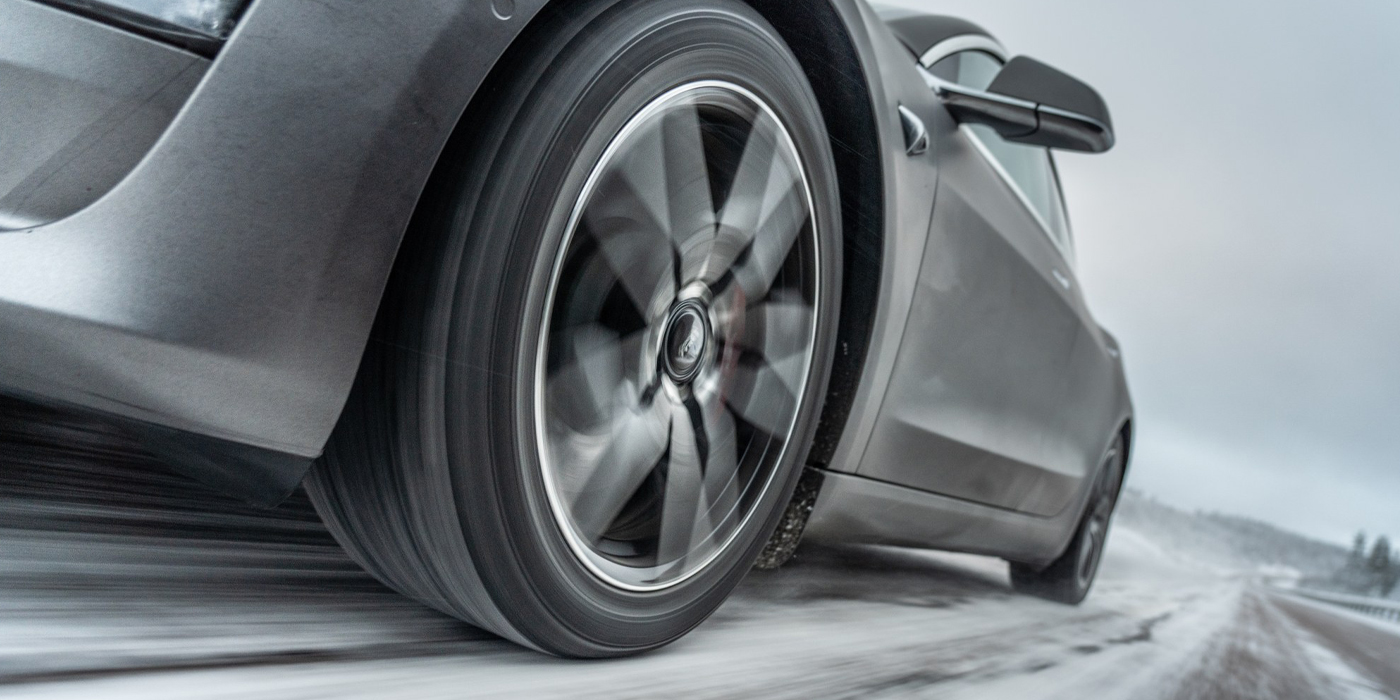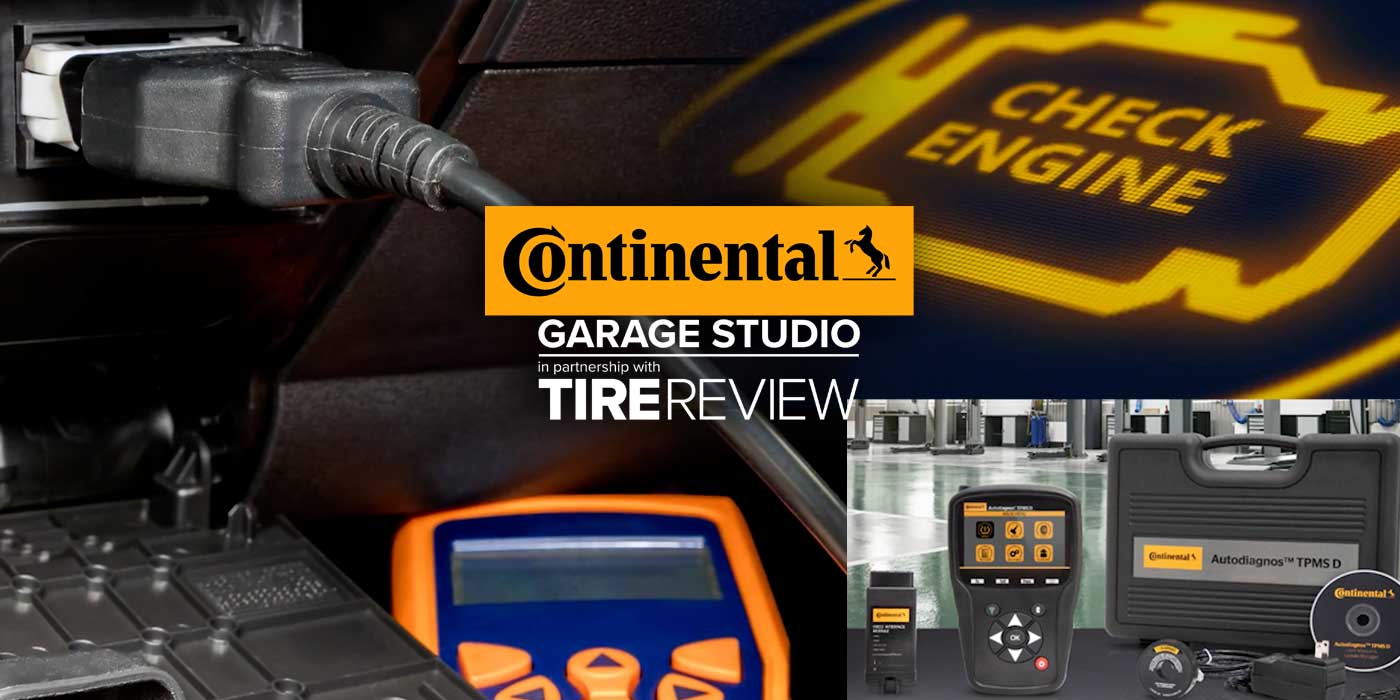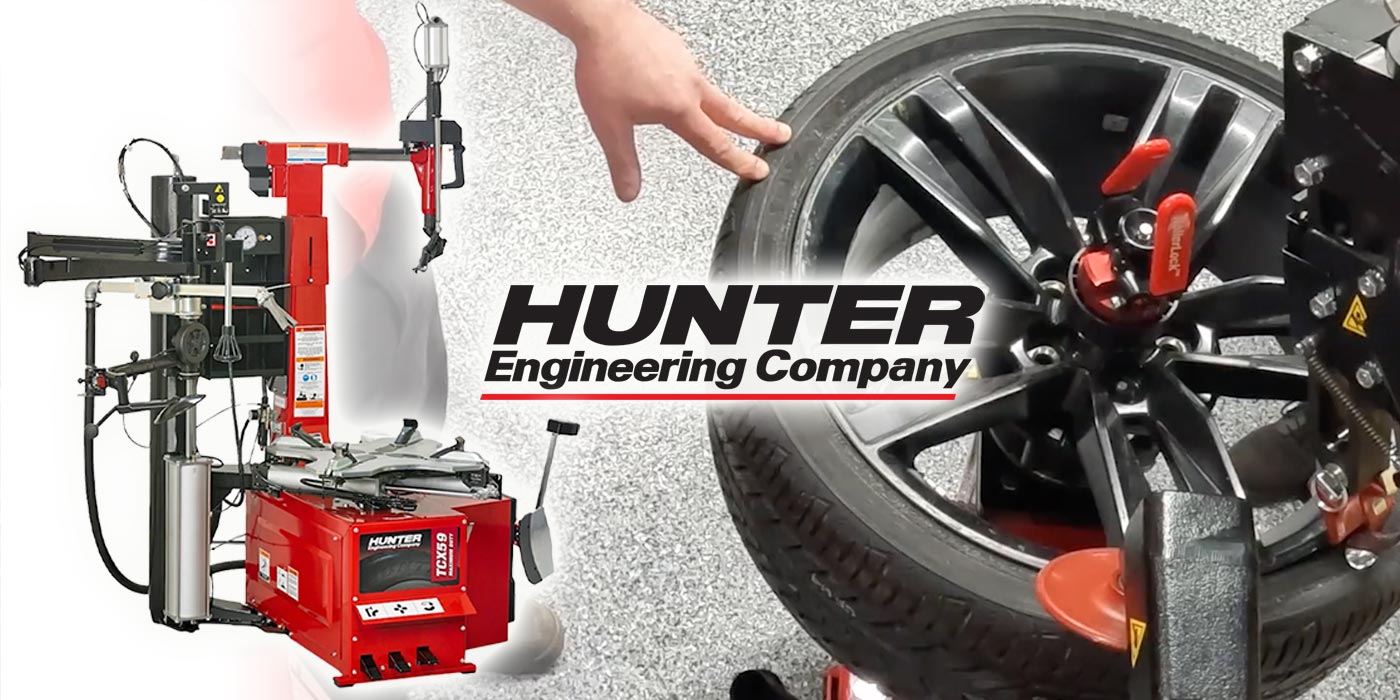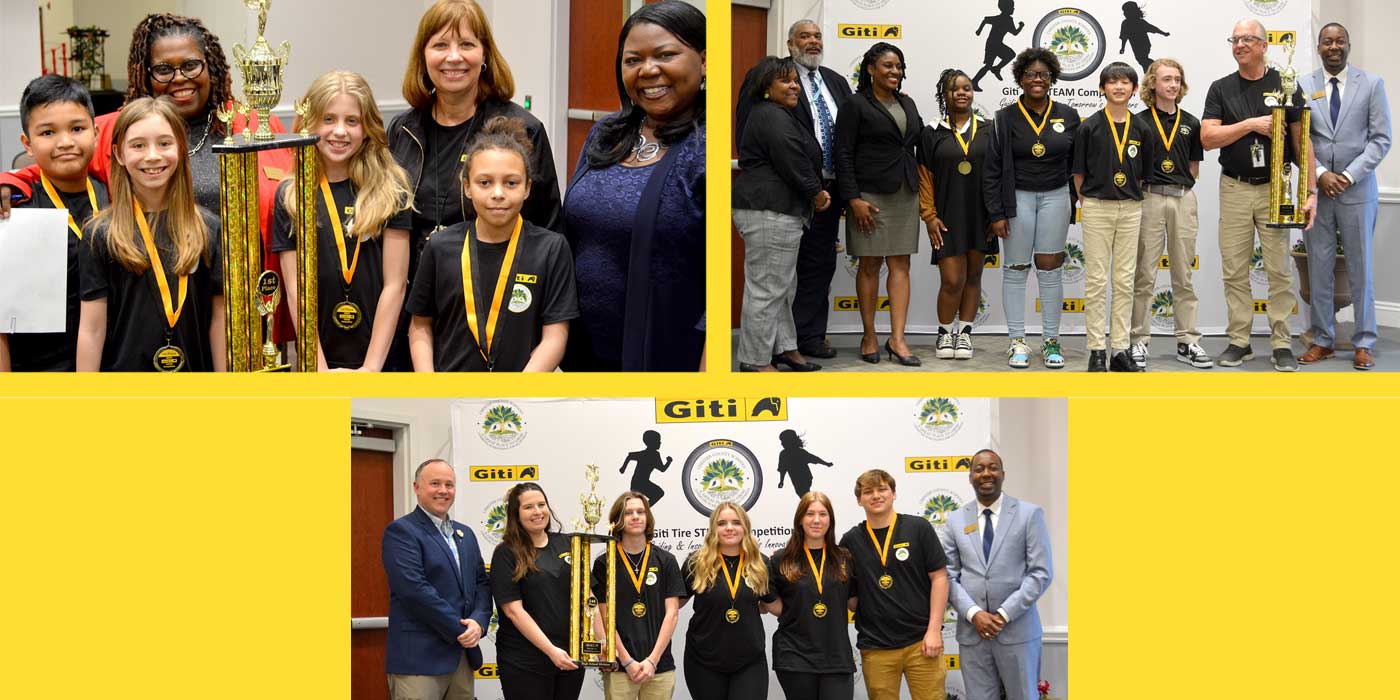Korbach is a quiet little town of about 23,000 located along a tributary of the Itter River in east-central Germany.
More than 1,000 years old, the town itself is not unusual or very special. As with most German towns, Korbach has its share of annual festivals, some tied to its history and others to holidays. It has its cafes, soccer pitches, restaurants and churches, and enjoys a certain anonymity against a surrounding backdrop of wooded hills and lush farm fields.
Like most such communities across Germany, it is far from a major metropolitan area – two hours from either Frankfort and Hanover – and Korbach enjoys a pleasant agro-industrial mix where neither dominates the other and both reside somewhat in the background of community life.
Well away from the center of town lies Continental AG’s tire production complex, a cluster of tightly packed buildings that turn out some 10.6 million passenger and around 2.5 million motorcycle and bicycle tires each year.
The Korbach facility, in fact, started out as a bicycle tire factory when Louis Peter started a business at the site back in 1907. He eventually sold his then successful factory and sales business to Continental in 1929.
During World War II, the plant was heavily damaged by Allied bombings, and it wasn’t until after the war ended in 1945 that repair and reconstruction could begin. Nine years later, the first bias ply tires were produced there, with radials coming in 1965.
Today, Korbach includes three tire production buildings totaling 298,000 square meters under roof, a mixing facility in what used to be Louis Peter’s original plant, an office and reception building, and a newly opened power plant that burns household garbage collected from local residents. It also houses a 1.3 million-tire warehouse that serves as a distribution center for central Germany.
The Conti plant is central to Korbach life – the facility employs 3,150 people, most of them locals – but does not overwhelm the community. In fact, the new power plant was developed by Conti engineers to help the town deal with growing environmental concerns. The plus for Conti is that the trash burner provides 100% of the facility’s electric needs.
The two main production buildings were opened in 1965 and 1970, respectively, and are focused on producing Continental, General, Gislaved and Viking brand passenger radials. Some 55% of the production is focused to winter tires. The original production building, erected in 1910, is dedicated to rubber mixing. A separate building produces two-wheel tires, as well as automotive and industrial hose and small quantities of industrial tires.
Lothar Salokat is plant manager there, serving more as a CEO of the complex than a floor-walking line manager. But he is keenly aware of what is going on in the plant, down to the tire, and works hand-in-hand with his management team and plant workers to keep everything operating efficiently.
Salokat is the facility’s face to the local community and to visitors, and is the main conduit back to Conti’s Hanover headquarters. His office may be in a separate building from the plants, an elegant three-story brick house that served as Louis Peter’s original headquarters, but his head and heart are on the shop floor where the action is.
The two passenger tire plants are as non-descript as the town, at least on the surface. A lot of technology resides in the 40-plus year old structures, from the front end with the Banbury mixers (seven in total) to final inspection.
Raw mixed stock comes off in perfectly aligned stacks that are set aside before moving on to other production stages. Three automated bead builders roll spooled wire and then add a fabric and rubber wrap and bead apex.
Calendared fabric and steel sheets are cut to dimension and spooled. Mixed rubber for sidewalls and belt edge strips are sent down the line and end up at one of 12 single stage and eight two-stage builders, all automated. Three tread extruders service all of the building stations.
All component pieces, save for those extruded at the building stations, are stored in a computer-controlled, six-story storage area. When components are needed, an automated pick system searches them out and loads them onto towmotors for transport to the building stations.
On the back end are 142 curing presses and a final inspection area where each unit receives a detailed review before heading off to the warehouse. From there, finished tires are transported out by rail or truck for sale at retailers in Germany or, as is the case with those shipped to North America, to seaport loading docks.
The facilities at Korbach also produce some 2,200 industrial tires each day, and crank out 42,000 kilometers of hose each year, most of which is destined for automotive applications.
Shift production goals are posted on scoreboard-style lighted signs around the plant. Tire output goals are set in finished tires per minute. On the day we visited the plant, the goal was to produce 20 finished tires each minute of the day shift – 9,600 for the eight-hour period.
Typically, 90% of the plant passenger tire production is earmarked for the replacement market – 55% of the total output is winter tires – and 10% for European OE fitments.
It is no understatement to say that the Korbach plant is important to Continental. After all, the plant accounts for nearly six million winter tires each year, a significant portion of the company’s winter tire ticket for the year.
Because there is no land left to expand onto, Continental has had to adapt to the structures it has, bringing modern tire production technology to buildings erected decades ago, many of which had to be rebuilt in the mid-1940s.
The resiliency and ingenuity shown at the Korbach plant is another reason Continental executives are proud of the facility. It has become a workhorse in its global manufacturing system, and a major industrial presence in a town built on agriculture, but an industrial force that rests comfortably within the confines of a small town.

